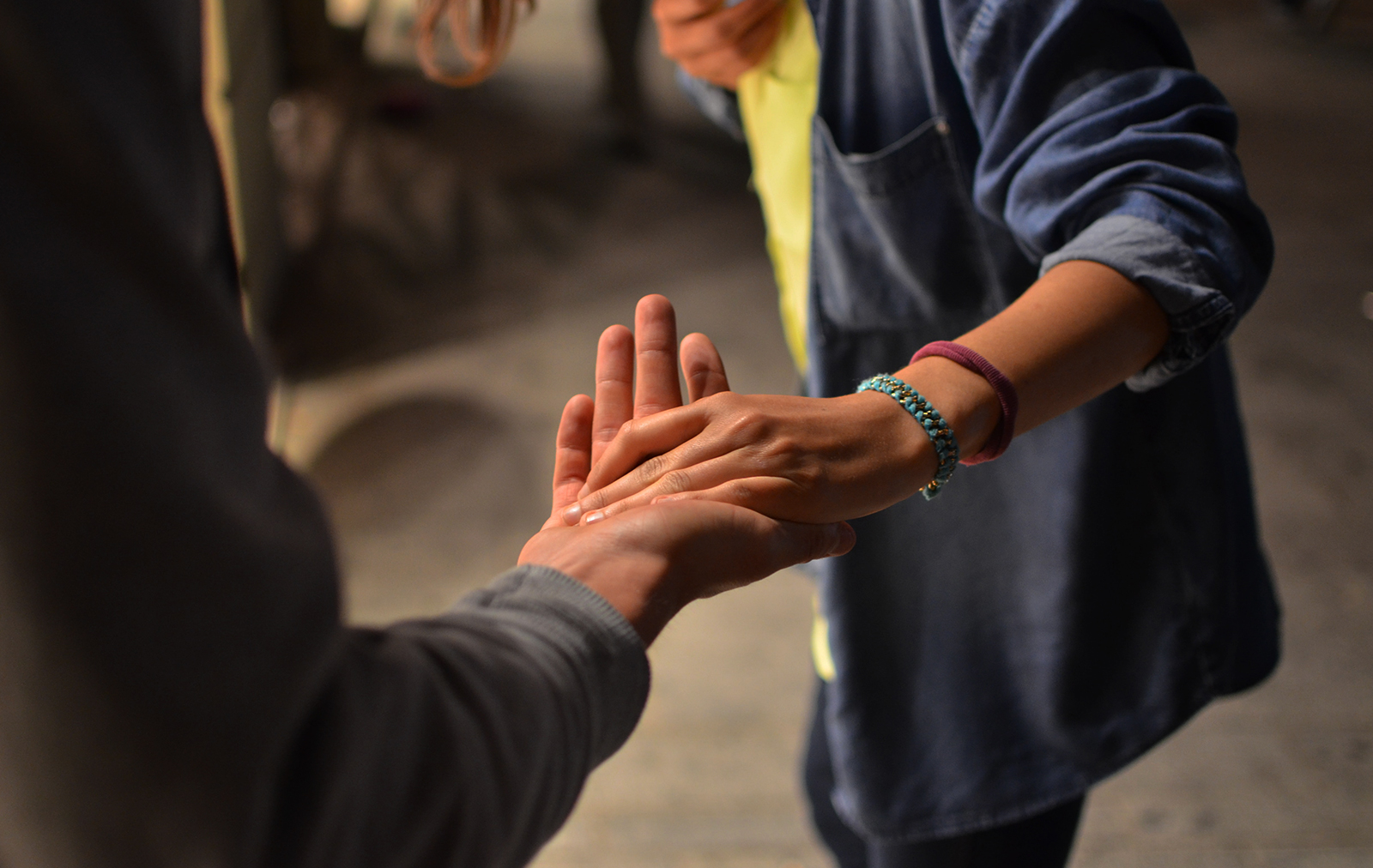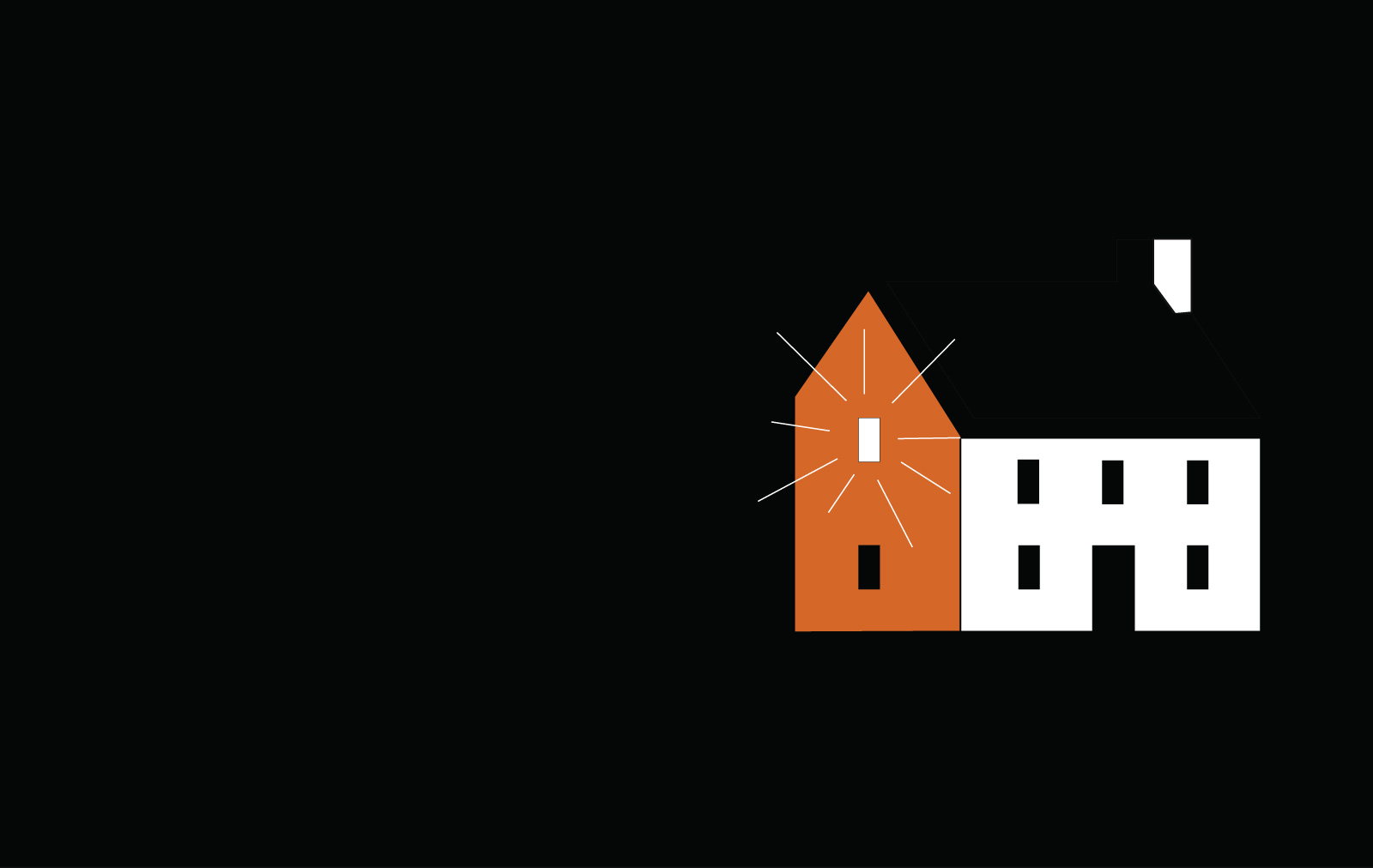April 3, 2020
How You Can Help Nonprofits During the COVID-19 Crisis

The foremost cost of the coronavirus is our health and safety. No one knows that better than the women and men treating patients on the frontlines.To help them tame this enemy, we’ve added “social distancing” to our vocabulary and “sheltering at home” to our daily lives. Still, there’s much more we can do. There’s much more we need to do.
Conversations with our friends, loved ones, peers, and clients have revealed just how big the impact of COVID-19 has had on communities. Whether directly or indirectly relevant to the pandemic, nonprofits and other health organizations have been some of the hardest hit.
Admittedly, it’s not much compared to the work healthcare workers are doing every day, but we’ve put together the following list of organizations close to us that need our attention. Here is who and how you can help.
Philabundance
Who they are
Philabundance is a food bank serving the Greater Philadelphia region. Last year, 33,000 children a week received fresh, healthy food as part of their distribution. With the coronavirus now proliferating in our region, that number, and the children who are able to thrive as a result, are in trouble.
Why they need help
On any given day, as many as 1 in 8 Americans go hungry. In Philadelphia, that number is 1 in 5. Exploding unemployment rates combined with emptying grocery store shelves are putting even more strain on families who struggle to put food on the table.
What you can do
Philabundance’s COVID-19 resources page outlines how you can lend a hand. Some of the things you can do include:
- Donating money
- Donating food
- Volunteering at their warehouse
- Hosting a Facebook fundraiser
Mothers’ Milk Bank Austin
Who they are
Mothers’ Milk Bank Austin (MMBA) saves babies’ lives by increasing the availability of prescribed, pasteurized donor human milk. This worthy nonprofit accepts, processes, and distributes donations from lactating mothers to hospitals, helping medically-fragile infants gain a fighting chance.
Why they need help
According to an urgent release published on March 27th, Mothers’ Milk Bank Austin “is experiencing increased demand for donor human milk as women find it more difficult to take their own milk to the NICUs.” As fear of the coronavirus looms, they are also finding that some potential donors are withdrawing their inquiries after learning they must complete blood work, requiring them to leave their homes.
So far, this pandemic has been unprecedented, and so has MMBA’s amazing, resilient response. Milk Bank has been continuously adapting to the challenge, instituting new practices like no-contact donations at collection depots.
What you can do
Here is what the nonprofit is requesting:
“Let everyone know that all lactating women with an infant under the age of one year should sign up on our Website or call (512-494-0800) to be screened today. Anyone who can drive can sign up to volunteer to pick up milk from approved milk donors by emailing diana@milkbank.org. Finally, follow us on Facebook, Instagram, and Twitter to keep apprised of new needs. Stay safe, maintain social distance, and remember that fragile babies need donor human milk to survive.”
American Red Cross
Who they are
Most people are not strangers to the American Red Cross. They are a national nonprofit (our own regional chapters are American Red Cross of Eastern Pennsylvania and the American Red Cross of Central & South Texas) that helps communities prepare for, respond to, and recover from emergencies. Blood collection is an enormous part of what they do, and it’s a critical service that is coming under threat due to the coronavirus.
Why they need help
Fear of contracting COVID-19 is keeping people from wanting to donate blood, while the demand for blood has not ceded. Peter Marks, M.D., Ph.D., director of the U.S. Food and Drug Administration’s (FDA) Center for Biologics Evaluation and Research, recently issued an urgent warning: “We need people to start turning out in force to give blood.”
What you can do
You can still give blood safely. Head to the Red Cross’s coronavirus update page to learn about their various safety precautions and schedule a donation appointment near you today.
Open Systems Healthcare
Who they are
Open Systems Healthcare (OSH) is an organization dedicated to providing the highest quality home care. Their services help individuals in-need in their own homes, including elderly and other immunocompromised individuals who are particularly at risk during this pandemic.
Why they need help
OSH’s caregivers are essential to keeping at-risk Americans out of the hospital, reducing strain on our health system and exposing fewer people to the potential harms of the coronavirus. Home care is often excluded from conversations around the healthcare continuum during this crisis, but it is undeniably an important part.
What you can do
Stay home. Wash your hands. Help flatten the curve.
The CDC’s guidelines on containing the coronavirus are as relevant for keeping OSH and its people safe as they are for keeping you safe. The goal is to reduce exponential infections and create a more manageable situation for healthcare workers. Doing your part is easy.
Austin EMS Association
Who they are
The Austin EMS Association represents the medics of Austin Travis County EMS, hard-working public servants who provide emergency care. By striving to improve the lives of these emergency responders, they are able to provide top care to the people they serve.
Why they need help
Recently, an Austin EMS medic became the first confirmed positive case for coronavirus within the city’s public safety team. It highlights the risk these medics face every day while serving individuals in need, a risk that will only grow as COVID-19 proliferates.
What you can do
The Austin EMS Association recently set up the Austin EMS Relief Fund, a tax-deductible fund that helps medics with the costs they may face while fighting coronavirus. As these first responders show up to fight this crisis day in and day out, they need our help to ensure they don’t have to worry should they become sidelined.
There are so many individuals and organizations fighting to save lives and restore a sense of normalcy for everyone. These are only a few who need help in our own local communities. If you are to take away anything from this, remember Mr. Rogers’ adage during times of crisis: “Look for the helpers.”
Then, take it one step further, and help the helpers. We all have a part to play.


